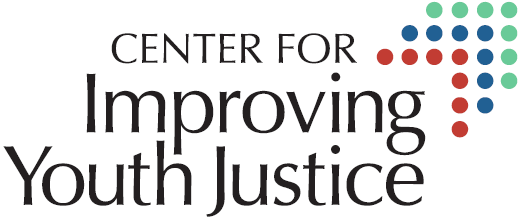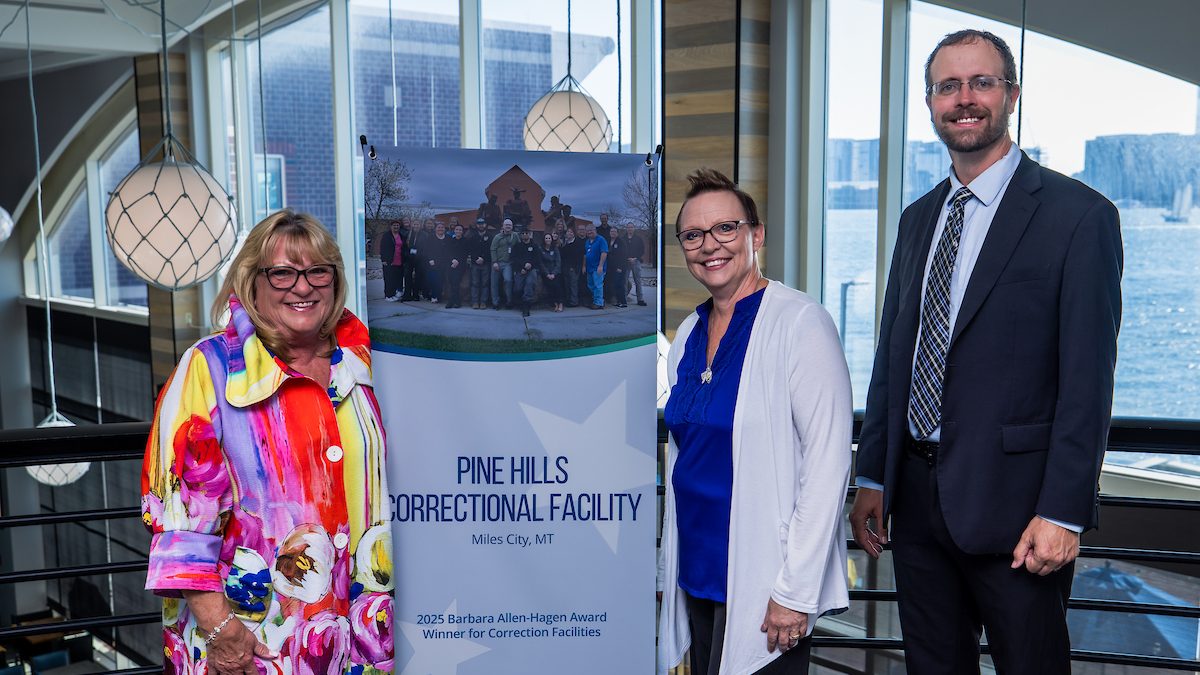For the team at Pine Hills Youth Correctional Facility (PHYCF), it was the comparison to their peers that confirmed their high rates of injuries and restraints were not aligned with best practices. It was 2010 and they had completed a 100% compliance rate with the American Correctional Association (ACA) but the culture was aggressive and 90% of their workers compensation claims were due to staff use of force. When they looked at their Center for Improving Youth Justice (CIYJ) Performance-based Standards data, their use of confinement and isolation was almost 20 times higher than the CIYJ field average of other correction facilities. PHYCF leaders set out change that.
By 2024, their use of confinement was half the field average. PHYCF successfully changed its culture and practices from a “one size fits all” model that relied on confinement rather than managing behavior. “We came to the realization that we were creating our own problems by confining youth, we were contributing to their declining mental health and confining them was causing more aggressive behavior toward the staff,” Site Coordinator Teza Holland explained.
PHYCF is located on a 300-acre farm located in Miles City in the southwestern corner of Montana. The facility is surrounded by alfalfa fields, vegetable gardens, cows, horses, goats, bees and soon pheasants. It is the only secure post-adjudication facility for young people in the entire state of 147,040 square miles. It is operated by the Department of Corrections. Between 30-40 young men and women are committed there. The staff manages rival gang members, young people adjudicated for serious offenses and some as young as 11 years old.
Both staff and young people resisted the shift from the punitive adult corrections mindset to a positive and incentives-based approach. The confinement policy was changed from one-five days to eliminating its use for punishment. PHYCF leaders provided training, changed policies, expanded programming and increased incentives. They promoted the “time is on our side” strategy that eventually showed staff that taking time to talk a young person to find out why they were acting out and developing positive relationships reduced the need for physical interventions, the resulting injuries and use of confinement. Staff were trained in Verbal Judo de-escalation, trauma-informed practices and adopted the approach of treating young people in the facility like they would their own children. A confinement incident review team and process were implemented. At the same time, the young people were provided opportunities to work with horses, goats, bees and in the gardens, garage and welding shop. The programs helped them gain relationship-building skills, empathy, trust and gave them hope for the future. The number of times a young person was put in confinement dropped from 900 in 2011 to just six in October 2024.
Congratulations to Superintendent Steve Ray, Site Coordinator Teza Holland and the entire team at PHYCF.
Learn more about this year’s Barbara Allen-Hagen Award correction category winner: video forthcoming, please check back soon!
The CIYJ Barbara Allen-Hagen Award, established in 2007, honors the legacy of Barbara Allen-Hagen, a dedicated advocate from the Office of Juvenile Justice and Delinquency Prevention (OJJDP) who led the development of the Performance-based Standards project, now CIYJ’s signature program. This prestigious award recognizes facilities and programs that embody Barbara’s guiding principle: Treat all young people coming into facilities as one of our own. The awardees demonstrate the positive impact of adhering to research-based standards and the continuous improvement process championed by CIYJ.

